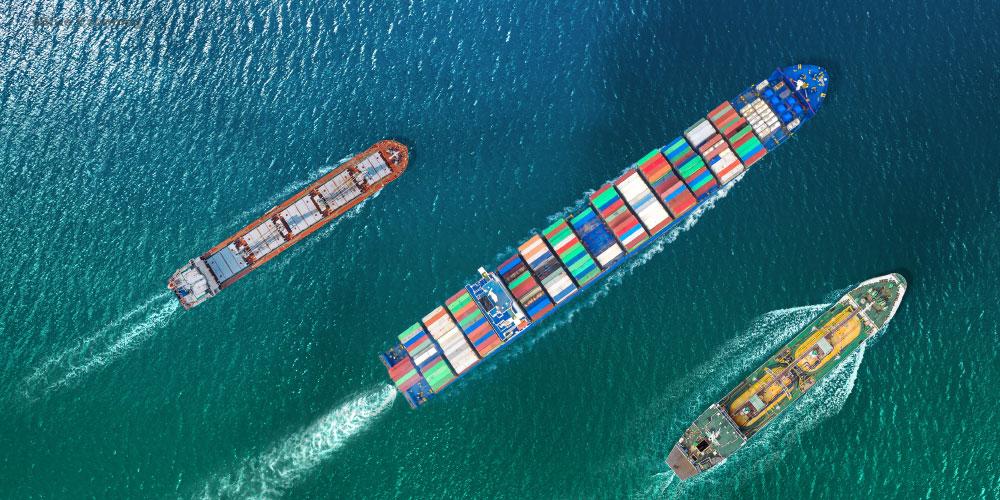DNV GL recently held its 2nd Alternative Fuels Online Conference. Some 2000 attendees listened to presentations from industry experts on the fuels, technologies and markets that hold great promise in powering shipping’s journey towards a carbon neutral future
DNV GL recently held its 2nd Alternative Fuels Online Conference. Some 2000 attendees listened to presentations from industry experts on the fuels, technologies and markets that hold great promise in powering shipping’s journey towards a carbon neutral future
 De-carbonization is the grand challenge of our time,” said Knut Ørbeck-Nilssen, CEO DNV GL – Maritime, at the 2nd Annual DNV GL Alternative Fuels Online Conference. Throughout the three-hour event attendees heard about the challenges of decarbonization and how meeting the IMO targets for 2050 would affect maritime stakeholders – from ship owners, charterers and cargo owners to ship builders, designers, engine manufacturers, fuel suppliers, financiers and policy makers.
De-carbonization is the grand challenge of our time,” said Knut Ørbeck-Nilssen, CEO DNV GL – Maritime, at the 2nd Annual DNV GL Alternative Fuels Online Conference. Throughout the three-hour event attendees heard about the challenges of decarbonization and how meeting the IMO targets for 2050 would affect maritime stakeholders – from ship owners, charterers and cargo owners to ship builders, designers, engine manufacturers, fuel suppliers, financiers and policy makers.
The Conference looked at a variety of alternative fuels, as well as options for conventional fuels, and their positives and challenges. The presentations covered: The uptake of alternative fuels; Scrubbers; LNG; DNV GL – Maritime’s flagship report the Maritime Forecast to 2050; Methanol as a ship fuel; Ammonia as a ship fuel; the tanker market; while a panel discussion explored the end users’ perspective of decarbonization.
Reaching the targets will require application of technology that is currently under development, acceptance of lower speed and deployment of large volumes of zero-carbon or carbon-neutral sustainable fuels. Looking at the emerging landscape of alternative fuels in shipping, Ørbeck-Nilssen said: “Not only is the number of potential fuels expanding.
But the meandering variables of fuel availability, price and policy measures that could enable or negatively impact each choice, make the fuel decision much more difficult. In these extraordinary times, we must make sound decisions today which protect our tomorrow, while keeping our eyes fixed on the horizon for the fuels and innovations that will propel our journey forward.”
Full programme and speakers:
- Opening address: Knut Ørbeck-Nilssen, CEO DNV GL – Maritime
- Uptake of alternative fuels: status and trends: Christos Chryssakis, Business Development Manager, DNV GL
- Scrubbers: Experience and outlook: Kai Låtun, Director Sales and Public Affairs, Yara Marine Technologies
- LNG’s pathway to decarbonization: Krishna Achuthanandam, Marine LNG Business Development Team Lead, Shell LNG
- DNV GL Maritime Forecast to 2050: Øyvind Sekkesæter, Environmental Consultant, DNV GL
- Experience with methanol as fuel: Ayça Yalcin, Director Market Development EMEA, Methanex
- Ammonia as a marine fuel: Hendrik Brinks, Principal Researcher, DNV GL
- Tanker market adapting to future expectations: Catrine Vestereng, Vice President, Global Segment Director Tankers, DNV GL
- Panel discussion: End users’ perspectives on decarbonization: Harry Robertsson, Technical Director Stena Teknik, Kostas Vlachos, Chief Operating Officer, LATSCO Marine Management, Daniel Gent, Energy & Sustainability Manager, UECC
press release














